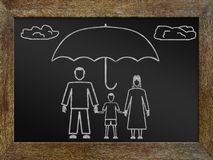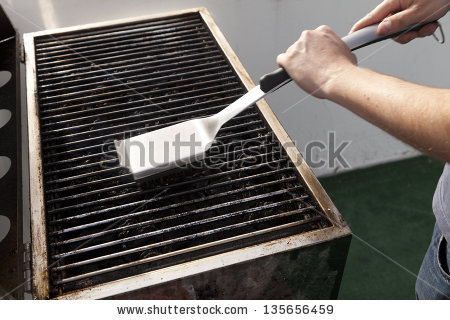Tips To Prevent Frozen Pipes
This Winter is forecast to be one of the coldest on record. Many homeowners and businesses will be experiencing frozen water pipes.
Low temperatures of 20 degrees and below can result in frozen or burst water pipes.
Here are some precautions to take when avoiding frozen or bursting pipes in your home:
– Keep your heat up to at least 60-65 degrees.
– Run faucets at a slow trickle.
– Seal any areas where there is a draft.
– Open up your cabinet doors to let heat into closed spaces.
– Remove hoses from outside yard faucets.
If your pipes DO freeze, it’s OK! Just because they are frozen it does not mean they will burst. Here is what you can do:
– Leave your faucets open and call a plumber.
– Do not use a torch or open flame to thaw a frozen pipe.
– Try thawing the frozen pipe with a hairdryer. Start with the pipe closest to the faucet and work your way to the coldest section.
In the event your pipes have burst, turn off the water at the main shut off valve and leave your faucets on. It’s important that every member of your home know where the main shut off valve is located.
For more information, the damages and repairs that are covered under your homeowner’s insurance due to a burst pipe, contact our Homeowners Insurance specialists at (516) 249-5200 or visit our website at www.chedwards.net










